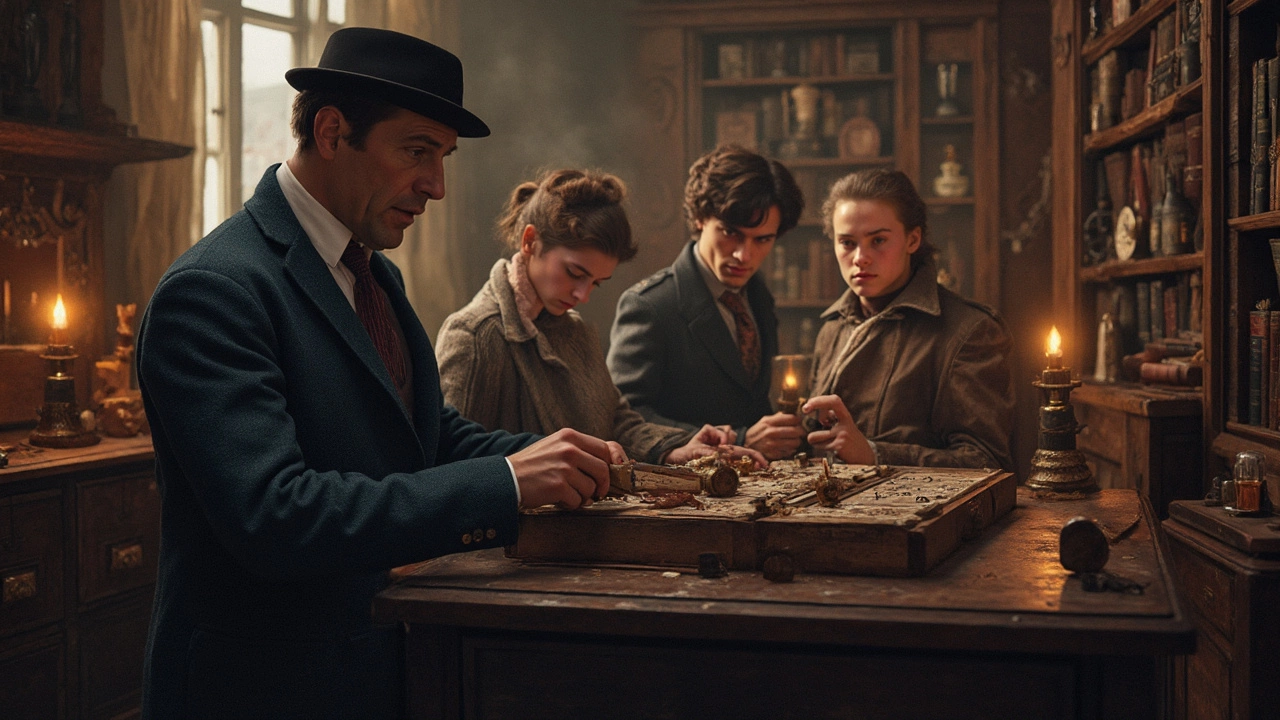Escape Game Guide: Tips, Stats & What Happens If You Don't Finish
Escape games are puzzle adventures where a team solves clues to get out before time runs out. They mix storytelling, riddles, and a bit of pressure, making them perfect for friends, families, or coworkers looking for a fun challenge.
Most rooms give you 60 minutes. The clock starts ticking as soon as the door shuts, and every minute counts. That's why many players feel the rush – the timer adds excitement and pushes you to think fast.
How Escape Games Work
When you walk in, a game master explains the theme and basic rules. You’ll usually get a brief backstory that sets the scene, like a haunted manor or a spy mission. Then the real action starts: search the room, find hidden objects, and piece together clues.
Rooms are designed with layers. The first layer often involves simple tasks – finding a key or a code. Once you crack that, you move to deeper puzzles that require logic, observation, or teamwork. The layout is built so each solved puzzle leads to the next, ending with the final lock that opens the exit.
Most venues track how many groups escape and how quickly. The average success rate sits around 30‑40 %. That means about one in three teams make it out in time, while the rest run out of minutes. Stats differ by difficulty: easy rooms can see 60 % success, while expert-level rooms drop below 20 %.
Boost Your Chances of Escape
First, split up tasks right away. One person checks the walls, another looks through drawers, and a third scans for numbers. Dividing the work stops you from crowding around the same clue.
Second, communicate constantly. Speak out loud when you find something, even if it seems useless. A clue that looks odd to you might click for someone else.
Third, keep an eye on the clock but don’t panic. A quick glance every few minutes helps you stay on track without breaking focus.
Fourth, use the hints system if the room offers it. A well‑timed hint can save minutes and prevent a dead‑end, especially in harder rooms.
Finally, practice basic puzzle types. Many rooms reuse common mechanics like Caesar ciphers, pattern matching, or hidden compartments. Knowing these tricks ahead of time gives you a head start.
If you run out of time, the experience isn’t over. Most game masters will walk you through the unsolved puzzles after the buzzer. You’ll see exactly where you missed a clue, which helps you improve for your next visit.
Escape games also teach useful skills: teamwork, quick decision‑making, and creative problem solving. Even when you don’t escape, you walk away with a funny story and a better sense of how you work under pressure.
Ready to try one? Check local venues, pick a theme that excites you, and bring a group that’s ready to talk, search, and have a blast. With the right mindset and a few proven tips, you’ll increase your odds of beating the clock and walking out victorious.
